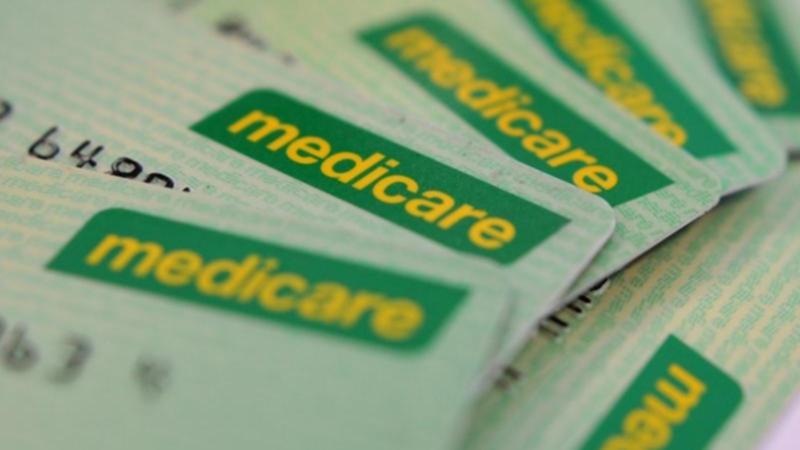Nick Bruining: Beware the Medicare levy sting in any super or profit gains
A whopping profit on the sale of an investment property or a windfall received through a superannuation death benefit payment could have a nasty sting in the tail if you don’t have private health insurance.

The joy of collecting a whopping profit on the sale of an investment property or a windfall received through a superannuation death benefit payment could have a nasty sting in the tail if you don’t have private health insurance.
Both could trigger a Medicare levy surcharge liability.
A Medicare levy of up to 2 per cent is applied to Australian tax residents when gross taxable income exceeds $24,276.
Sign up to The Nightly's newsletters.
Get the first look at the digital newspaper, curated daily stories and breaking headlines delivered to your inbox.
By continuing you agree to our Terms and Privacy Policy.As an incentive to take out private health insurance cover, once your “adjusted taxable income” exceeds certain thresholds, an extra levy amount is payable, which is the MLS.
A single person without adequate private health insurance cover and with adjusted taxable income of between $93,000 and $108,000 will pay an extra one per cent Medicare levy on their total income. Between, $108,000 and $144,000, it’s an extra 1.25 per cent. On total income of more than $144,001 you’ll be slugged an extra 1.5 per cent.
For families, the combined income needs to be less than $186,000 to avoid the surcharge. Each dependent child lifts this amount by $1500.
Adequate health insurance to qualify for an MLS exemption means at least a “basic” hospital insurance policy.
According to Canstar, the cheapest basic hospital-only cover is through AIA and starts from $682 a year for a single and $1365 for a couple. It typically increases as your income goes up.
As an insurance policy, you get what you pay for. A basic hospital policy usually means a shared room and very limited choice.
An “extras” policy or a travel policy covering medical expenses won’t qualify.
A single person earning $120,000 a year can effectively choose to pay an MLS bill of $1500 or about $830 for a basic hospital policy.
The sting here is that all of the strategies you may have employed to reduce your tax bill don’t apply when calculating MLS.
The adjusted taxable income figure includes your gross employment income but also adds back voluntary concessional contributions to superannuation, any investment losses such as those incurred in negative gearing arrangements and, finally, reportable fringe benefits.
It will also include one-off receipts such as the net capital gain on the sale of an asset and a superannuation death benefit paid from a super fund directly to a dependant that is not classified as a tax-dependant.
For example, a single adult earning $90,000 who receives a $200,000 death benefit payout directly from a parent’s super fund would cop a $4350 MLS debt.
If the death benefit is firstly paid to the estate and then distributed by the will, it is not considered to be tax-assessable income and would not generate a MLS debt.
Lastly, the qualifying health insurance policy needs to be in place for the entire year to get the full exemption. The ATO calculates the exemption based on “days-in-force”. If you took the policy out on January 1, only half of the MLS exemption would apply.
Nick Bruining is an independent financial adviser and a member of the Certified Independent Financial Advisers Association
Originally published as Nick Bruining: Beware the Medicare levy sting in any super or profit gains

